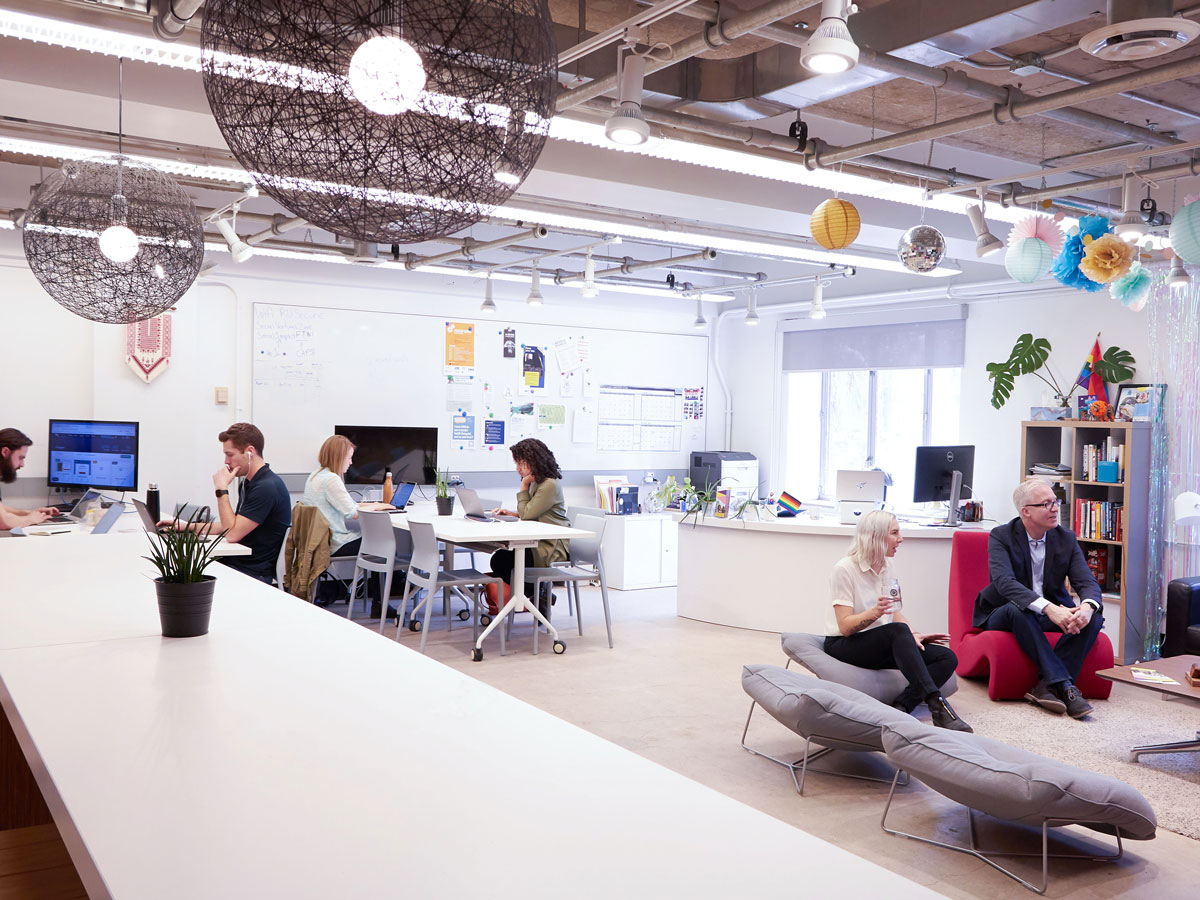2021 Year End Message

Reflections on 2021 (or is that “2020 won?”)
A year that offered lessons that seemed oddly familiar to entrepreneurs
As a year draws to a close, it’s customary to offer reflections on the previous twelve months. But what can you say about another year of pandemic, especially when in the last few weeks of 2021, the Omicron variant began to produce steep “hockey stick” graphs that would have warmed the heart of many investors had the tragic numbers been about customers or revenue instead of infection rates?
Before offering any observations, we need to pause to remember the human damage of the past year. Millions of people have died or been weakened by a virus that laid bare disparities in economic and social well-being. Countless others have seen their lives and families disrupted, grappling with their own losses, mental or physical health issues, or the challenges of caring for those around them who were struggling.
In short, this was a year of survival, not triumph. It was a year that left many of us battered, bruised and wondering whether the coming year holds more of the same. It was also a year that seemed strangely familiar for entrepreneurs because it taught lessons to the broader population that entrepreneurs learn every day. I offer three of these lessons as a reflection on 2021 that should come as no surprise to entrepreneurs:
People appreciate issues that are obvious and relevant to them
Social entrepreneurs see human costs every day and often have a simple focus for their start-ups: How can we address a social, economic or environmental issue to make people’s lives better, not worse? These social enterprises face a tough challenge, however, because the social issues they are addressing are often hidden from sight or affect a small group of people who can be conveniently ignored. But the pandemic dragged a host of these issues (such as mental health crisis, the pain and suffering of isolated persons, the toxic legacy of residential schools and ongoing racism, and the juggernaut of climate change) into the light of day and made them relevant to millions of people. And hopefully that exposure and relevance can be translated into action by social entrepreneurs and investors that makes our post-pandemic life better.
When magical thinking meets reality, reality generally wins
Much of entrepreneurship involves some degree of seeing beyond current limits (that is why many are viewing this post on a social media platform as they browse on a mobile device). But COVID taught us a hard lesson about what happens when defining our own reality crashes headlong into an unmoveable scientific fact. It doesn’t matter if we really want the pandemic to be over, or if we really want to eat in a restaurant, stop wearing masks, or really, really want to get back in front of a karaoke mic. The hard logic of epidemiology has other ideas. This reality check is familiar to those of us in the start-up world. It doesn’t matter if you really, really want people to behave in a way that makes your business model work, sometimes reality teaches you a hard lesson.
We live and grow through interdependence, not independence
There is a toxic myth at the heart of the start-up world is that entrepreneurs are “self-made” persons who should be independent of all others as they chart their own heroic courses. COVID has taught us that we are all connected and dependent on each other – and that true independence is a myth. Nothing highlights this interdependence more than the fact that, as #COVIDisairborne, the air I breathe out is the air you breathe in. Success is not all about our individual right to act, that precious and solitary path that we glorify in some parts of entrepreneurship. It is instead about the connections, the supports and the interdependencies that make all success possible.
As we head into 2022, it would be great to talk about “turning a corner” or “light at the end of a tunnel.” Instead, I think we can safely say that we have more uncertainty ahead of us, but the skills entrepreneurs have and the lessons we have learned will help us adapt and, if we have the opportunity, will help us help others weather the ups and downs of the coming year.
Stay safe, stay well, and stay the course.
Alex Gill
Alex Gill is the co-founder and Director of the Social Ventures Zone at Toronto Metropolitan University. His social enterprise, Mendicant Group, works on social and environmental issues across Canada and in 16 other countries (so far).